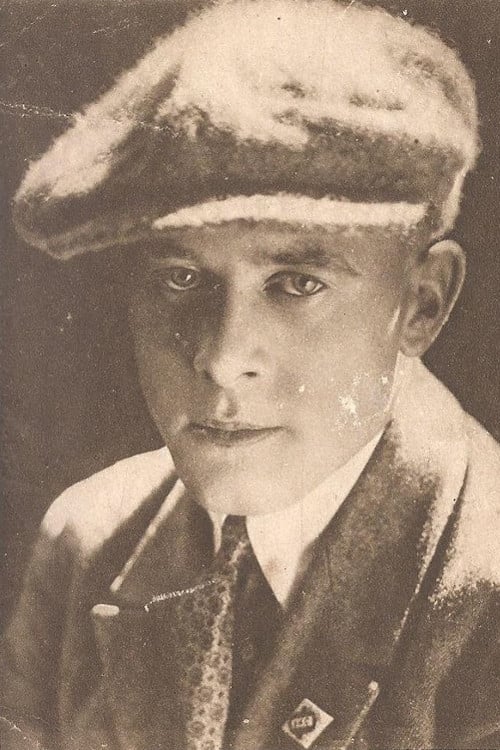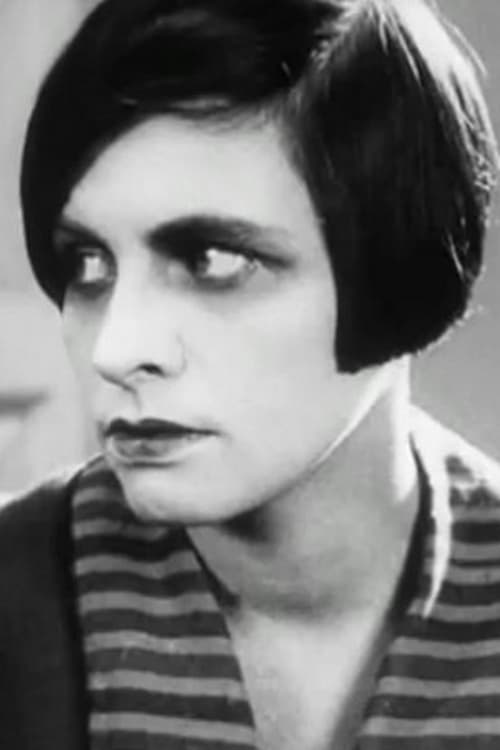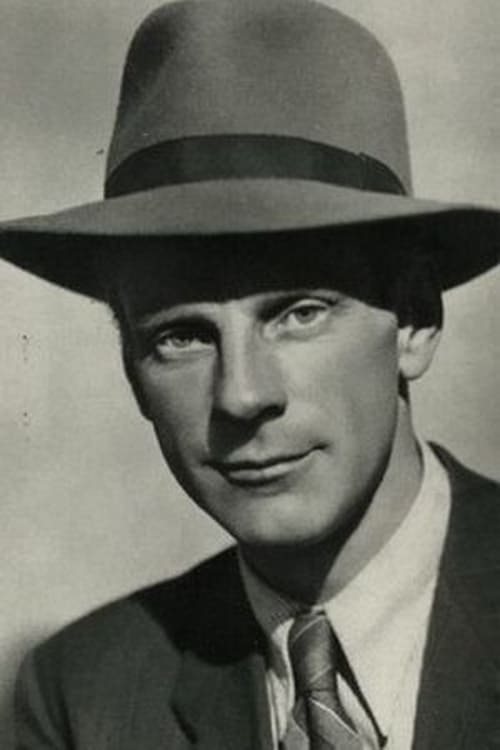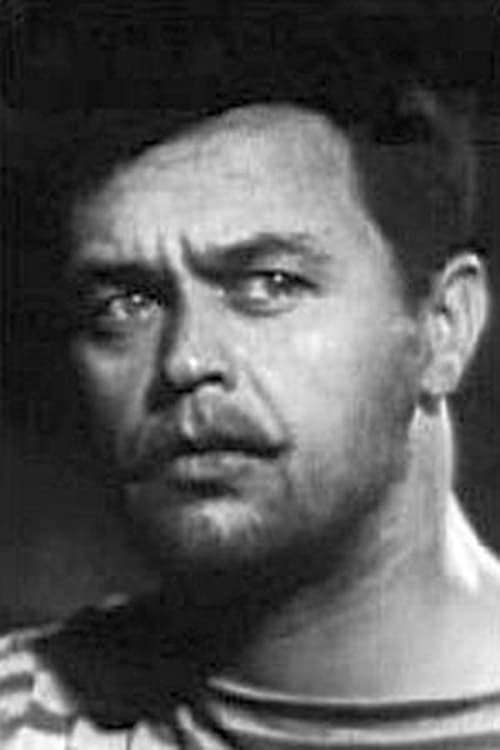The Club of the Big Deed (1927)
Género :
Tiempo de ejecución : 1H 36M
Director : Leonid Trauberg, Grigori Kozintsev
Sinopsis
The film tells about the Decembrists’ revolt in the south of Russia. Right before the Decembrist Revolt 1825 a chevalier of fortune decides that it's time for a game. But on whom to make a bet? He asks the cards. But he's not the only one who makes the choice.
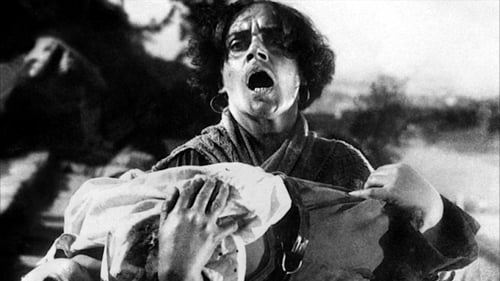
Basada en hechos reales ocurridos en 1905, narra como la tripulación del acorazado Príncipe Potemkin de Táurida se cansan del tratamiento vejatorio e injusto de los oficiales. El detonante de la situación es la carne podrida que éstos quieren que los marineros se coman. Con este motín comienza el reguero revolucionario por Odesa y toda Rusia.
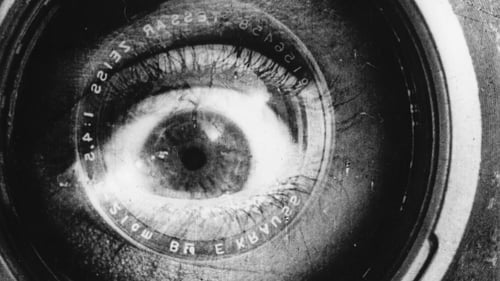
El Hombre con la Cámara, muy en la línea de "Berlín, sinfonía de una gran ciudad" (Berlin: Die Sinfonie der Großstadt, 1927), es un retrato de San Petersburgo compuesto por cientos de pinceladas fílmicas sobre la vida cotidiana en dicha ciudad. Podría decirse que se trata de un retrato puntillista en el que sólo la totalidad de los breves retazos permiten percibir San Petersburgo en su totalidad. Con la complicidad de su hermano, el operador Mikhail Kaufman, Vertov, fiel a su teorías, no permite ni por un momento que se pueda suponer que alguno de esos retazos pueda imaginarse inventado. Por ello en el vertiginoso montaje que plasma la fascinación de Vertov por el constructivismo y el futurismo, introduce constantemente imágenes del operador que con su cámara está filmando la realidad que le rodea.
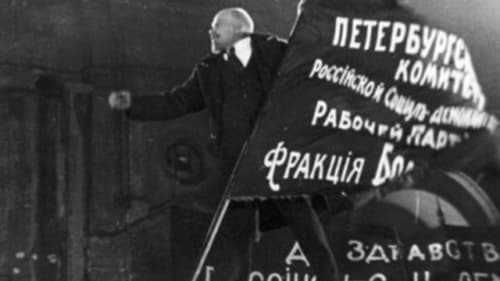
Reconstrucción de los acontecimientos ocurridos desde Febrero hasta Octubre de 1917. Una película en la que, siguiendo la filosofía comunista, no había personajes principales. La habilidad de Eisenstein y su experiencia se ve en los rápidos movimientos y en el ritmo en el montaje, así como en la construcción de intensas secuencias que no fueron bien entendidas por las tempranas generaciones rusas. El estreno se retrasó hasta 1928 debido a la presión de algunos grupos influyentes y, además, se cortaron algunas escenas. Aparecen en el filme muchos de los protagonistas de la revolución: los Guardias Rojos, los soldados y los marineros.

Realizada para conmemorar el décimo aniversario de la Revolución de Octubre de 1917, narra los acontecimientos ocurridos en San Petersburgo, desde entonces Leningrado, a través de las vicisitudes de un campesino que llega a la ciudad intentando escapar de la miseria y del hambre.

This documentary promoting the joys of life in a Soviet village centers around the activities of the Young Pioneers. These children are constantly busy, pasting propaganda posters on walls, distributing hand bills, exhorting all to "buy from the cooperative" as opposed to the Public Sector, promoting temperance, and helping poor widows. Experimental portions of the film, projected in reverse, feature the un-slaughtering of a bull and the un-baking of bread.

The film tells about the Decembrists’ revolt in the south of Russia. Right before the Decembrist Revolt 1825 a chevalier of fortune decides that it's time for a game. But on whom to make a bet? He asks the cards. But he's not the only one who makes the choice.

Mr. West and his faithful bodyguard Jeddie visit the land of the 'evil' Bolsheviks. Through various mishaps, Mr. West discovers that the Soviets are actually quite remarkable people.

Life is short and full of oppression, but that doesn't mean Parasha can't find love and laughter when she leaves her country home to take a job as a maid in the overcrowded, overworked, and underpaid world in the big city.

The momentous film stars Mykola Nademskyi as the grandfather of Tymish (Semen Svashenko), whom he alerts to secret treasure buried in the mountains of Zvenygora – Treasure that rightfully belongs to his homeland. The film wonderfully blends both lyricism and politics and uses its central construct to build a montage praising Ukrainian industrialization, attacking the bourgeoisie, celebrating the beauty of the Ukrainian steppe and retelling ancient folklore. Said Sergei Eisenstein of the film, "As the lights went on, we felt that we had just witnessed a memorable event in the development of the cinema".

The story of Stalin and the Soviet people.

Typically of the heady days of early Soviet cinema, this is constructed according to the fast, sharp editing principles advocated by Eisenstein, complete with symbolic inserts; but in terms of subject matter, it's much less explicitly political than most movies emerging from Russia in the '20s. Chronicling a young sailor's descent into a murky, treacherous underworld of pimps and thieves, after having encountered a Louise Brooks lookalike at a fairground and missed his departing boat, it's a lively moral fable that delights in vivid visual effects and quirky characterisations. If the plot occasionally reveals gaping holes, and the tacked-on ending urging the clearance of the Leningrad slums seems to be rather gratuitous, there's enough going on to keep one attentive and amused.
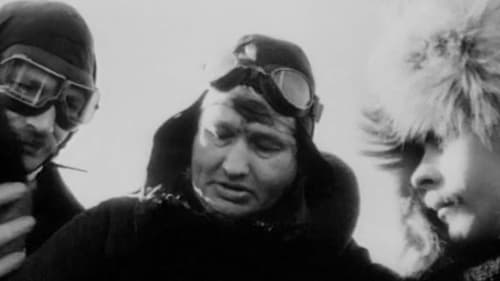
A satiric comedy which dissects the iconography of the 'Soviet Hero'. Original footage of a propaganda film from 1941 is the starting point for this parody of the ideological cliches of Soviet cinema. It follows the story of a Russian crew across the North Pole.




